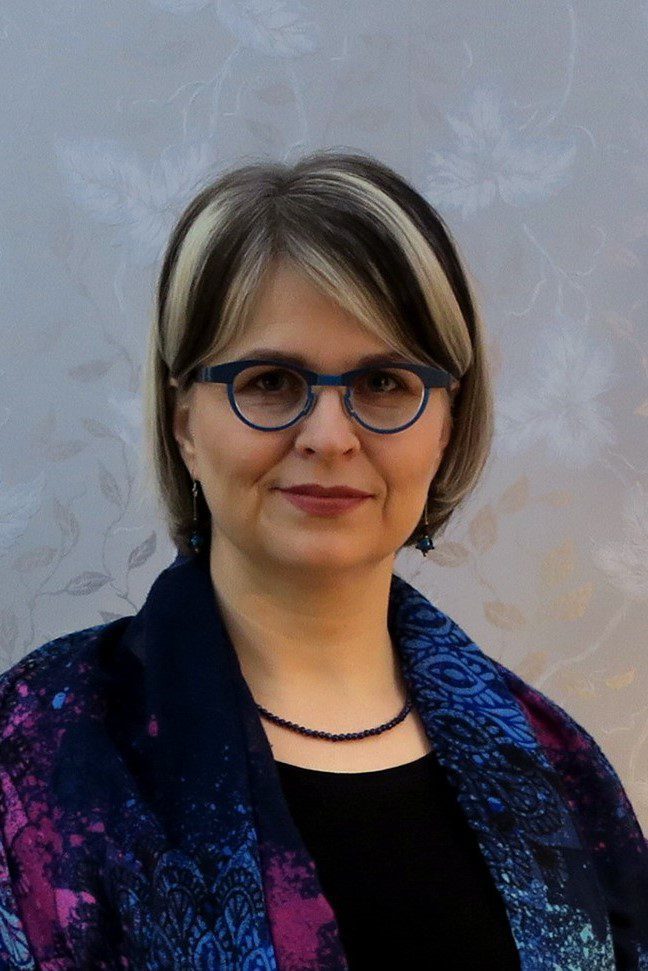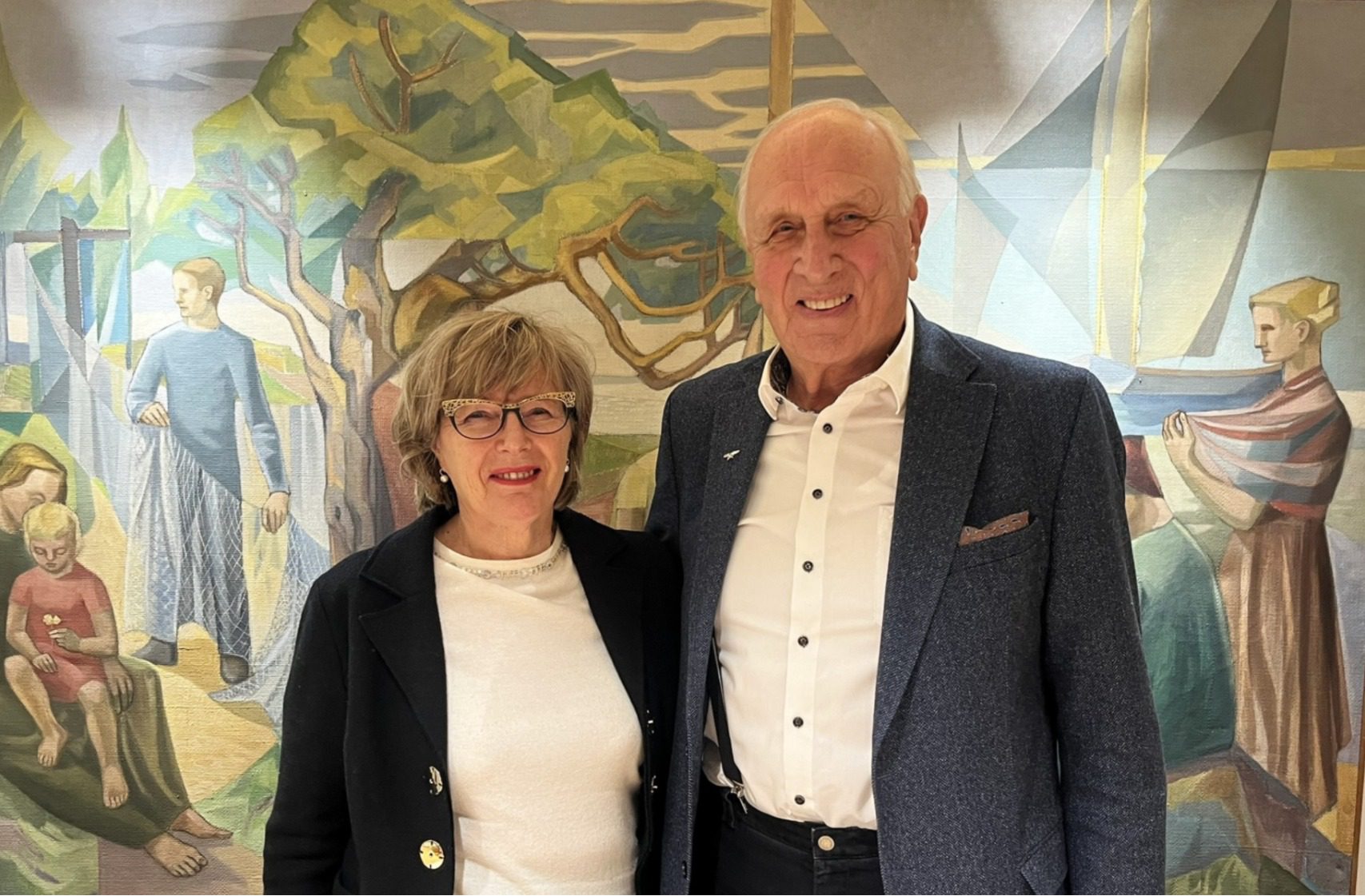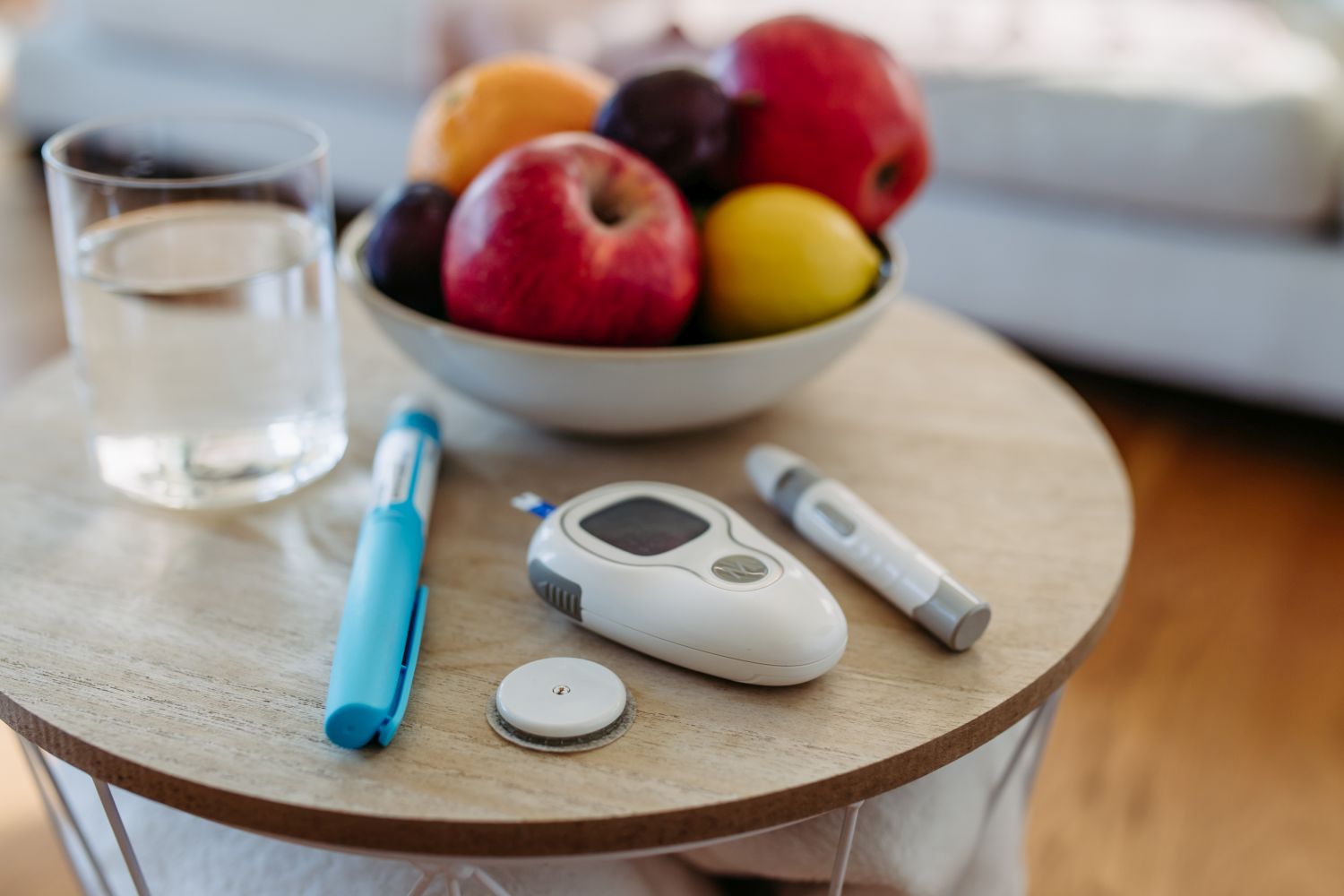10 October 2022
Johanna Olli, Master of Health Sciences, is preparing her doctoral dissertation on supporting the inclusion of children with disabilities. The topic emerged from her own nurse’s work with paediatric neurology patients. She sees the dissemination of research results as a duty of the researcher.
When working in paediatric neurology at the Kymenlaakso Central Hospital, Johanna Olli pondered how to further improve nursing.
I wanted to read everything that had been written on the topic – but there was hardly anything! So, someone should study and write about it – why couldn’t it be me? I had enjoyed practising my research skills already when I was pursuing my nursing degree. Research felt good even later when I was preparing my master’s thesis for my master’s degree in health sciences. I also realised that my master’s thesis only scratched the surface of my interest, nursing in paediatric neurology.
It is important to Olli to develop nursing practices, teaching and management through science.
Nurses must, of course, have knowledge of medicine, psychology, pedagogy and many other fields, but none of them is enough to answer the main question of nursing: what makes nursing treating? Only treating an illness is not enough – the person must also be treated and cared for.
Johanna Olli
I selected the inclusion of children with disabilities and how to support it as the topic of my dissertation.
I want to find out how even small and silent children could be better encountered as the protagonist of their own lives, rehabilitation and care. This means letting their viewpoints influence decisions that concern them. Under Finnish law, they are entitled to this.
Good things come to those who wait
Olli likes to talk about the importance of “slow research”:
Nowadays, far too much emphasis is placed on speed when conducting research to the detriment of deep understanding and quality. I would like it if we did not see speed as the sole possible and good way to conduct research. I have learned a great deal, precisely because I have worked slowly. When meeting children and adults included in my research data, I have learned how important it is to stop to listen and see in order to see differently, detach from the old and understand something new.
I am very grateful that the TYKS Foundation has made it possible, by providing me a long-term workstation and through work and travel scholarships, to carry out research in a way that is suitable for my topic.
The all-important Tutkari
My workstation at the TYKS Foundation’s research unit Tutkari has been worth its weight in gold. I have done my entire dissertation as a scholarship researcher and therefore I have not had a working space through work. Tutkari is a great place to work in many ways: it has comfortable and functional facilities with computers, printers and the university’s network connections, space for storing papers, folders and books. It’s peaceful, but you still meet people.
Tutkari also offers the opportunity to network and experience the benefits of a work community, such as sharing the joys and troubles of research, lunch breaks with others and celebrating academic achievements and, say, the arrival of spring together. However, at times, the members of the work community change quickly, as many spend a few weeks or some months in Tutkari or visit at different times.
Multitasker and continuing education provider
In addition to her work as a nurse, Johanna Olli has taught nursing of children and young people at Turku University of Applied Sciences and worked as a continuing education provider. She has been a research assistant and assistant at the University of Turku Department of Nursing Science and taught, for example, qualitative research methods and health education, as well as guided and evaluated bachelor’s and master’s theses.
I also consider voluntary work and positions of trust to be important parts of my work experience. These include the establishment and development of the Association of Child Neurology Nurses. I was the chair of the association for six years, now an active member. I have been active in scientific clubs, such as the Finnish Association of Nursing Research (HTTS) and the Finnish Society for Childhood Studies, and networks, such as Lapsinäkökulmatutkijat (English: Researchers from the Children’s Perspective) – either in management groups or as an active member. I have written the Terveyttä tieteestä (English: Health from Science) blog and been the editor of the Lasten asialla (English: Children’s Issues) online journal for years.
Research data must be returned to practice
Johanna Olli emphasises the researcher’s responsibility to disseminate information outside the scientific sphere too.
Lecturing and writing popular articles is, of course, time spent on other things than conducting research. But if you consider the things you have learned via research important, then how could you not tell others about them? I also find it very valuable to hear, for example in educational events and on social media, what my research makes those working with children with disabilities think and how they experience things. It is one of the best aspects of slow research: you have time to receive and to give plenty. You have time to sow seeds of new ideas around you as you find them.
In the future, Johanna Olli wants to develop nursing by educating, writing and consulting. She probably won’t abandon research completely, even though she doesn’t plan on doing it full-time.




